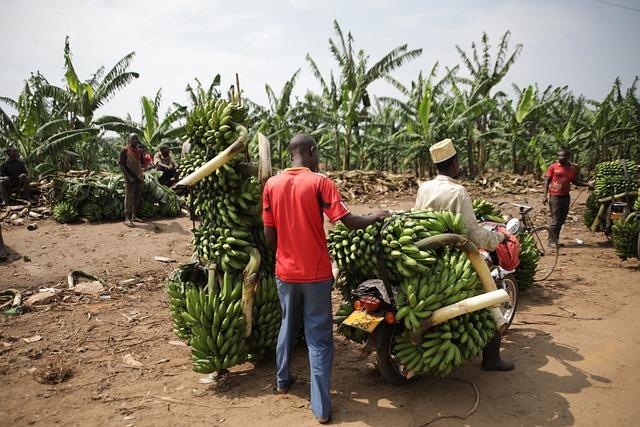The Impact of Illegal Arms Trade on Global Security
The illegal arms trade has become a pressing concern for global security, drastically affecting peace and stability across various regions. As arms are trafficked without regulation, the consequences are manifold, harming not only countries embroiled in conflict but also orchestrating a ripple effect that impacts international relations and human rights. This article examines the detrimental effects of the illegal arms trade on global security, its underlying causes, and potential solutions.
Understanding Illegal Arms Trade
The illegal arms trade refers to the clandestine production, distribution, or sale of weapons. It includes everything from firearms to missiles and light weapons. This trade undermines legal frameworks that govern arms control and has been linked to numerous global issues, including armed conflict, terrorism, and drug trafficking.
Key Statistics
The scale of illegal arms trade is staggering:
| Statistic | Value |
|---|---|
| Annual Revenue of Illegal Arms Trade | $1 billion – $3 billion |
| Number of Guns in Civilian Hands Worldwide | Over 1 billion |
| Estimated Firearms Trafficked Annually | Up to 1 million |
Impact on Global Security
1. Escalation of Armed Conflicts
The illegal arms trade significantly contributes to the escalation of armed conflicts. Weapons supplied to rebel groups or terrorist organizations enable these factions to confront governments and other groups effectively. This leads to prolonged conflicts, resulting in the loss of lives and displacing countless civilians.
2. Human Rights Violations
The flow of illegal arms often violates human rights. Armed groups use illegal weaponry to commit atrocities, including mass killings, torture, and sexual violence. Such violations create humanitarian crises and destabilize entire regions.
3. Threat to International Relations
The trade can also weaken international relations. Countries found to be supplying arms to non-state actors may face sanctions or diplomatic isolation. Furthermore, countries affected by violence often require international support for recovery, complicating diplomatic ties and resource allocation.
Case Studies
Case Study 1: Middle East Conflict
The ongoing conflict in Syria illustrates the devastating impacts of the illegal arms trade. From 2011 onwards, various factions have acquired weapons via clandestine routes, leading to widespread violence and humanitarian disaster. The influx of arms exacerbated hostilities and complicated efforts for peace, further entrenching the conflict.
Case Study 2: African Weaponry Issues
In Africa, illegal arms contribute to persistent violence and instability. Countries like South Sudan and the Central African Republic are notable examples where illegal weapons have fueled civil wars and ethnic violence. Peace efforts in these regions are continually undermined by unregulated arms flowing into the hands of warring factions.
Solutions to Combat Illegal Arms Trade
Tackling the illegal arms trade requires a multifaceted approach:
- Strengthening International Laws: Advocating for stricter arms trade treaties globally.
- Cooperation among Nations: Promoting collaboration between governments, law enforcement, and NGOs to track and dismantle trafficking networks.
- Community Awareness: Increasing public awareness on the impacts of arms trade and encouraging reporting of illegal activities.
Conclusion
The illegal arms trade poses a significant threat to global security, leading to armed conflicts, human rights violations, and strained international relations. To create a safer world, it is essential for nations to come together to combat this issue by reinforcing laws, improving cooperation, and raising awareness. Only through collective action can we hope to mitigate the dangers associated with illegal arms trading and foster lasting peace.



